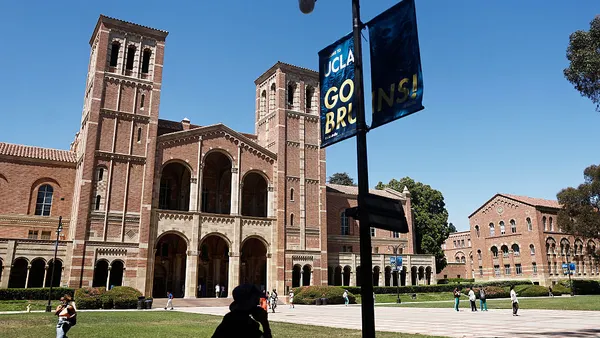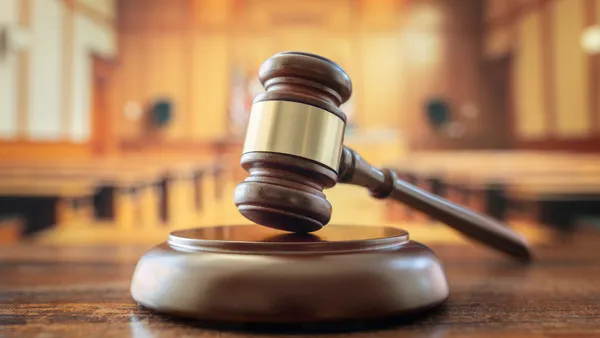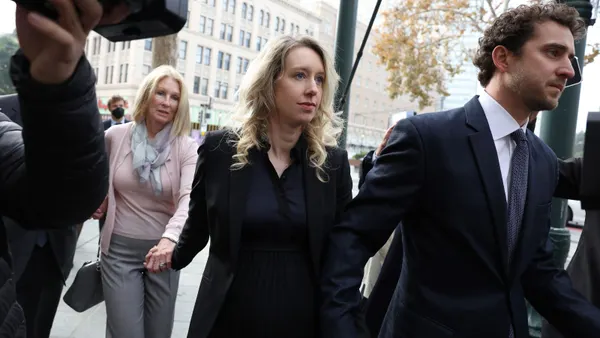The International Monetary Fund has called on governments to take vigorous steps to combat corruption, describing it is a major threat to macroeconomic stability.
Ahead of an anti-corruption summit in London on Thursday, the IMF said in a white paper that transparency, a clear legal framework, a credible threat of prosecution, and a strong drive to deregulate economies should all be part of anti-corruption strategies.
“While the direct economic costs of corruption are well known, the indirect costs may be even more substantial and debilitating,” IMF Managing Director Christine Lagarde said in a news release. “Corruption also has a broader corrosive impact on society. It undermines trust in government and erodes the ethical standards of private citizens.”
The paper focuses on the abuse of public office for private gain, citing a recent estimate that put the annual cost of bribery alone at about $1.5 trillion to $2 trillion (roughly 2% of global GDP).
“Major corruption scandals,” it noted, “are currently front-page news around the globe,” including the Panama Papers revelations that “underscore how opaque corporate vehicles can be used to hide the profits of illicit behavior, including tax evasion, corruption. and sanctions evasion.”
As Reuters reports, Lagarde recently warned Ukraine that the IMF would halt its $17.5-billion bailout for the beleaguered eastern European country unless it takes stronger action to fight corruption, including new governance reforms.
According to the IMF, the indirect costs of corruption include reducing government revenues by encouraging tax evasion and reducing incentives to pay taxes, leaving less money available for public investments in infrastructure, health care, and education.
“Corruption can even raise the cost of accessing financial markets as lenders factor in corruption,” the report said. “The private sector is further hurt because it raises uncertainty for firms and act as a barrier to entry for new entrants.”
The IMF strongly recommended a “comprehensive approach” to fighting corruption. “Short-term measures with more immediate impact must be complemented with preventive measures and strict enforcement,” it said.












